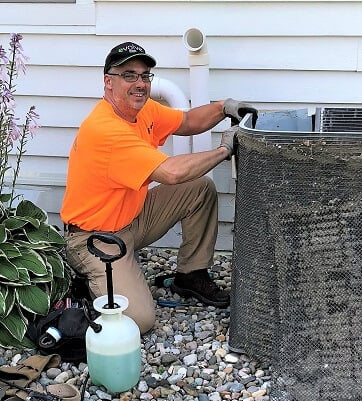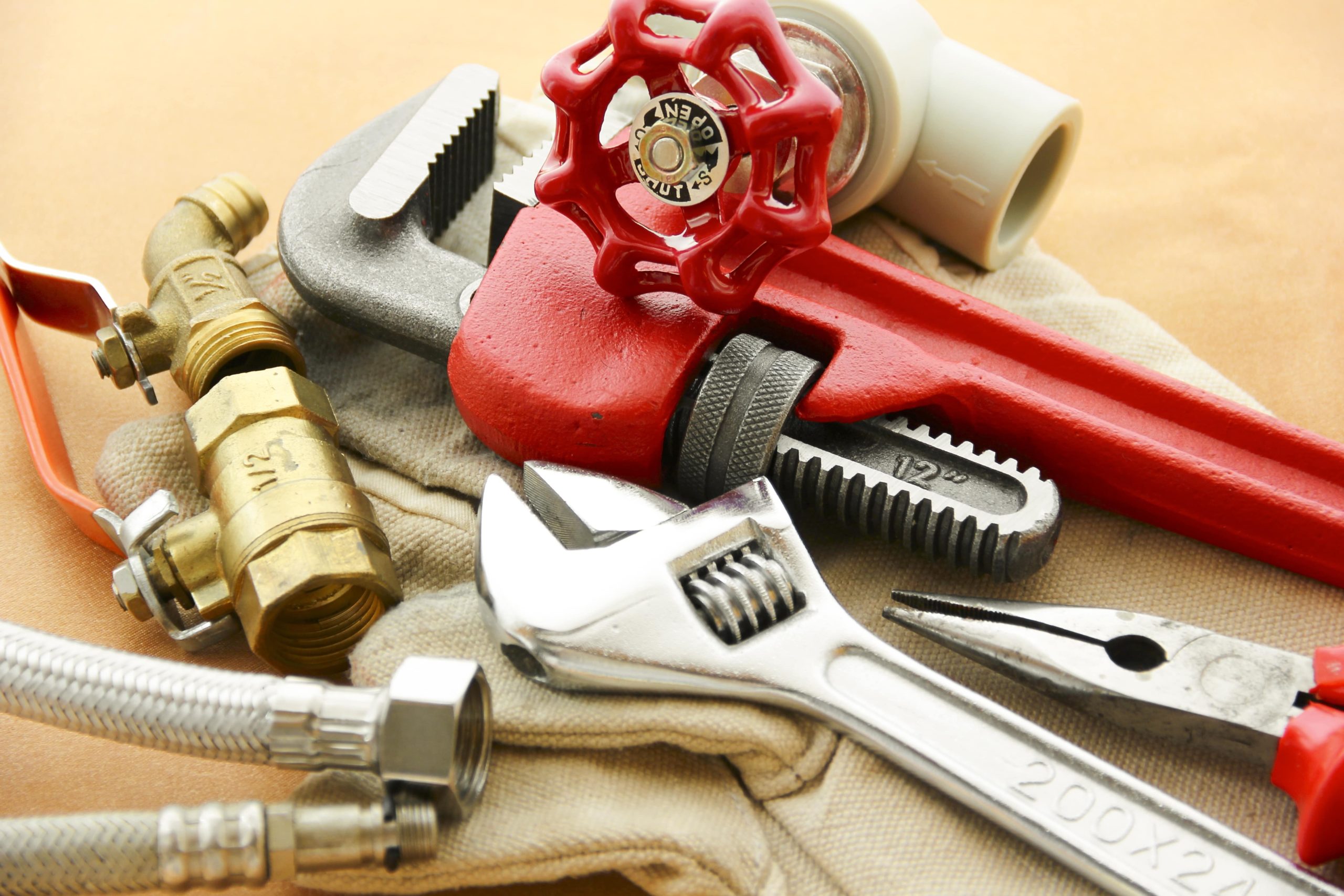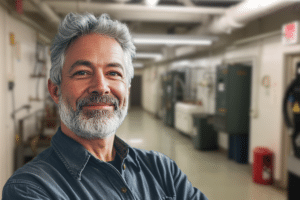Plumbers are among the most sought after tradespeople on the planet. Their skills are needed in every developed country. Without them…well, let’s not even think about it.
Clean water and sanitation are essential to maintaining public health. Plumbers support this effort in all we do to preserve clean water by fixing a leak, safely disposing of wastewater or by unclogging a kitchen sink. The codes we study and the training we receive make us the vanguard against many types of sickness and disease that plague modern man. It has rightly been said that plumbers protect the health of the nation.
Learning how to become a plumber is not for the faint of heart, but the benefits are well worth it.
An Increasing Demand
There is a tremendous gap between the number of plumbers now working in the trade and the number needed in the very near future. According to the U.S. Bureau of Labor Statistics, there are about 49,800 job openings for plumbers each year. That is expected to continue for at least the next 10 years. Two major factors have created this gap in our skilled labor force:
- The overall increase in demand for skilled workers– Construction continues to trend upward while jobs in the manufacturing sector continue to decline.
- The “aging workforce”– The average master plumber today is more than 50 years old. Many are preparing for retirement leaving vacancies that have most plumbing companies concerned. As this highly skilled and experienced workforce considers finally laying down their wrenches, the big question is, who will replace them?
The Road to Becoming a Plumber
Becoming a plumber may not have been your first choice on career day in the fifth grade, but there are many positives that should be considered, such as paid on-the-job training.
Education Requirements
The journey to becoming a plumber begins with a high school diploma. From there, you can enter a formal apprenticeship that lasts four-to-five years. These apprenticeships are paid. You learn and earn at the same time.
Many plumbing contractors belong to trade associations that operate schools in their respective regions. Typically, you will be in the classroom one or two nights per week while logging 40 to 45 hours on the job.
The Journeyman’s Exam
Once you complete the apprenticeship training, you are prepared to sit for the journeyman’s exam. Each state has its own version of the exam, but most include both written and practical elements, such as drawing piping diagrams, soldering copper tubing and fitting together pipe assemblies within very strict tolerances to pass the test.
Journey- Level Status
When journey-level status is achieved, you can be given many more responsibilities on the job and you can be trusted to work alone without any supervision.
Average Salary
With the apprenticeship behind you, and a nice raise after getting your license, you will make an average of $55,000 per year, with no student loan debt.
Job Security
Other benefits that aren’t often talked about are rock-solid job security. The plumber’s job will never be shipped overseas or replaced by automation. Like all skilled trades, you start on the day shift and can be home every night for dinner, unless of course, you’re putting in some overtime.
Getting Started in the Plumbing Trade
Becoming a plumber is not easy. The work is physical, it requires a sharp mind, some creative problem solving and just plain grit. You cannot be afraid of power tools, climbing ladders, fire or loud noises, and you will learn to use a shovel with the skills of a baton twirler during halftime on homecoming. You will get dirty, wet and alternate between cold and sweat, but so comes the pride of a job well done.
Getting started in the plumbing trade can be as easy as responding to a job posting, or asking a friend who works in the trades who they might want to work for. Many employers are willing to hire someone with no experience, but the right attitude.
Whether your employer has a formal training program or operates more along the lines of “train as you go,” you can grow your knowledge of plumbing through SkillMill’s online plumbing courses.
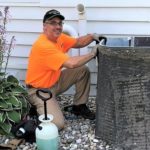
Frank Garro
Interplay Learning Plumbing & HVAC Expert
Frank is Interplay’s resident plumbing and HVAC expert. While he began his career in the plumbing trade, his passion for HVAC led him to become an Associate Professor and HVAC Program Chair, at Ivy Tech Community College. Frank is a Licensed Mechanical, Plumbing and Electrical Contractor, and owns his own mechanical services company. As an educator, Frank is a firm believer in teaching the fundamentals and has a gift for simplifying complex concepts.
